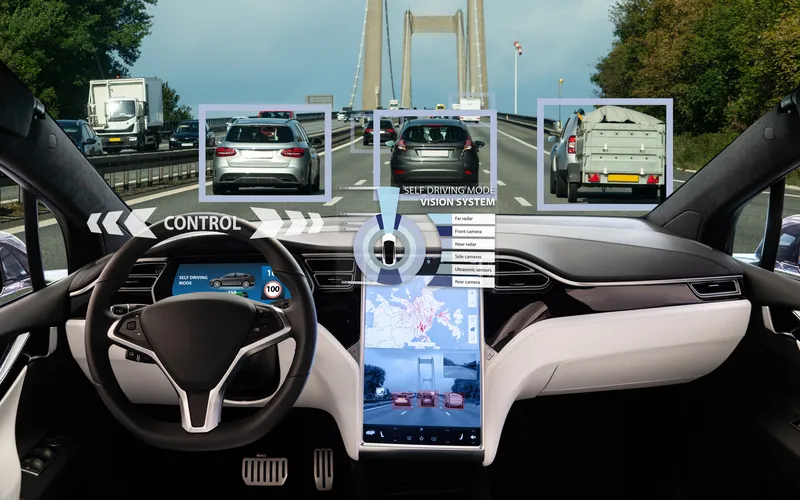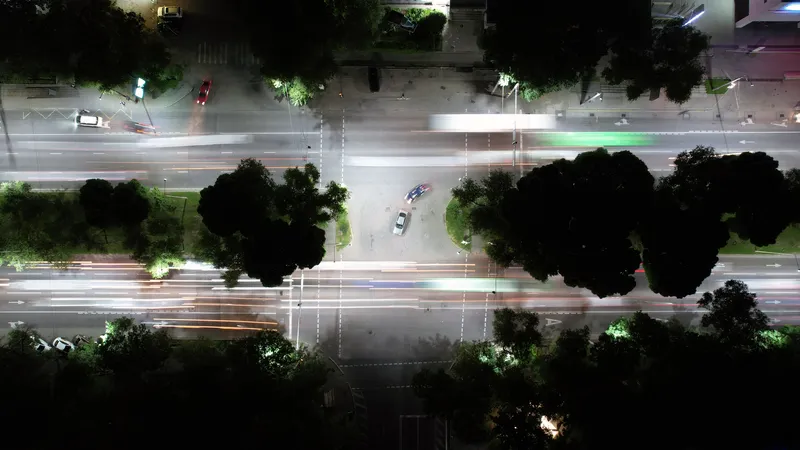
Artificial intelligence (AI) chipmaker Hailo has collaborated with semiconductor supplier Renesas to deliver a processing solution which they say will enable advanced driver-assistance (ADAS) functions and automated driving (AD) systems.
“ADAS and AD features have proven to be instrumental in minimising accidents and saving lives," said Orr Danon, CEO and co-founder of Hailo.
"However, technological challenges have caused great difficulties for automakers looking to make such advanced functions accessible in anything but higher-end vehicles."
The companies say their venture "will make sophisticated ADAS technology more accessible in cars of all types".
Hailo-8 processors designed for heavy Neural Network acceleration are combined with the Renesas R-Car V3H & R-Car V4H Systems on Chip.
The firms say the solutions are scalable for a wide range of ADAS functions from ADAS L2+ up to L4 AD functions.
“Automotive OEMs are looking for scalable solutions for ADAS and AD to streamline software development,” said Yusuke Kawasaki, director, automotive digital products marketing division at Renesas.
The collaboration will allow companies to "flexibly and quickly incorporate ADAS/AD functionality in various classes of vehicles".
The joint Hailo-Renesas solution will be showcased live at Automobil Elektronik Kongress in Ludwigsburg, Germany, on June 28-29.









